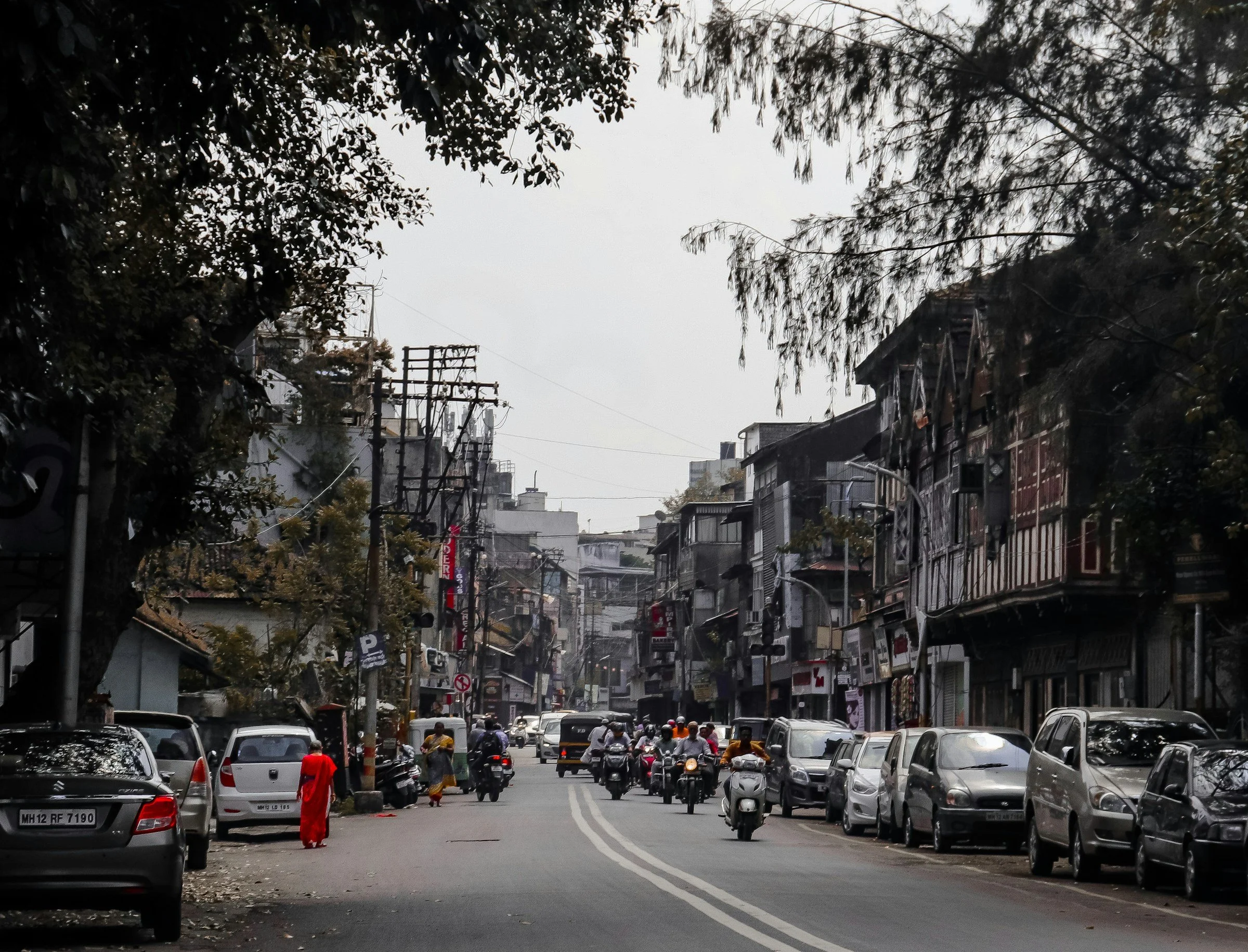Cyber scam trafficking in Southeast Asia may dampen Chinese tourism
Trafficking into cyberscam operations in Southeast Asian nations has been making headlines in China, creating a dampening effect on Chinese tourism in the region, pointing to possible wider ramifications.
The trifecta of a barrage of news reporting, a movie box office hit, and social media influencers all raising awareness about trafficking into forced criminality in Southeast Asia is causing a growth in negative perceptions about Southeast Asian nations, especially Myanmar and Cambodia. While these countries are trying to form partnerships with China to promote tourism, many Chinese citizens are critical of these partnerships and are reluctant to travel there due to concerns about safety and trafficking risk. This critical outlook may be dampening tourism in the region, which is already suffering from reduced Chinese tourism and could negatively impact already challenged economies.
Cyberscam trafficking’s potential impact on the broader economic ecosystem is worth examining because weakened economies tend to be breeding grounds for exploitation. Furthermore, a wider negative impact may provide officials with added incentives to give the problem greater attention.
Southeast Asian nations had been pinning hopes on Chinese tourism to support post-COVID economic recovery. In a context where China’s slow economic growth is already impacting other countries’ economic recovery, particularly in terms of tourism and international trade, Southeast Asian nations recognize reduced Chinese tourism is a problem and are trying to revitalize it – by loosening restrictions, for example. The return of Chinese tourism would be essential to the full recovery of the Asia-Pacific tourism industry, and countries like Cambodia, prior to the pandemic, derived 25% of their export earnings from Chinese tourism.
However, by summer this year, it started to become clear that Chinese tourists were not coming in the numbers anticipated. In five Southeast Asia nations, Chinese tourists in May accounted for a range of 14-39% of their pre-COVID numbers. Several factors might be contributing: slower economic growth in China reducing tourism in general, younger Chinese opting out of the group tours their parents’ generation preferred, reduced flight capacity and various political constraints. While these nations can try to counteract the loss of Chinese tourism by wooing tourists from other nations with a growing middle class, such as India, cultivating new tourism markets will take time. In this context, growing negative perceptions about safety risk aren’t helping and may serve to compound the problem.
Chinese citizens have been growing steadily more aware of cyberscam trafficking in Southeast Asia, as over the past couple of years, regular news reports and government warnings both at home in China and abroad have been alerting citizens to the risk of trafficking into cyberscam compounds. Most recently, No More Bets, a major film about trafficking into cyberscam operations in Southeast Asia, became a box office hit in China in August. Though the location was unspecified in the film, viewers immediately made the link to Myanmar and Cambodia. The film performed so well, it is being released globally.
As a result of this awareness raising, Chinese citizens are beginning to perceive these countries, and to a lesser extent, Thailand and other Southeast Asian nations, as unsafe. When Jilin Province in China started promoting a partnership with Myanmar to support mutual tourism destinations, it sparked a backlash as Chinese social media influencer videos criticized the Jilin-Myanmar partnership, with thousands of mostly negative comments. In a recent poll asking Chinese internet users whether they would travel to Southeast Asia, over 85% of respondents said they wouldn’t, citing safety concerns. A poll taken on the Chinese social media platform Sina Weibo asked users if they would travel to Cambodia or Myanmar and less than 3,800 people said they would visit them, while 181,000 said they wouldn’t because it’s too dangerous. The problem has prompted efforts to protect affected nations’ reputations, to question the veracity of the accusations, and to dispel fears.
A local organization that supports refugee and ethnic minority women and operates a boutique ecolodge in northern Thailand shared that they have observed a massive drop in Chinese tourism. Pre-pandemic, Chinese tourists used to make up about half of their guests; now they have almost vanished, despite the lodge being otherwise fully booked. While the cause for the drop is unclear, a volunteer from Hong Kong confirms that the cyber scam trafficking has been in the news a lot, and that there were many warnings not to go to Cambodia or Thailand, even Bangkok. Meanwhile, one of their beneficiaries' parents were victims of the cyber scam trafficking.
A more thorough understanding of how these cyberscam operations impact the wider ecosystem is needed. If negative perceptions about safety in the region are taking a toll on tourism, and by extension, wider economic recovery, advocates should be aware of these knock-on effects. Being able to point to concrete data on broader implications could provide useful, added leverage to help secure greater attention and resources.
Share your news
Post your experiences from the field and initiatives to feature





